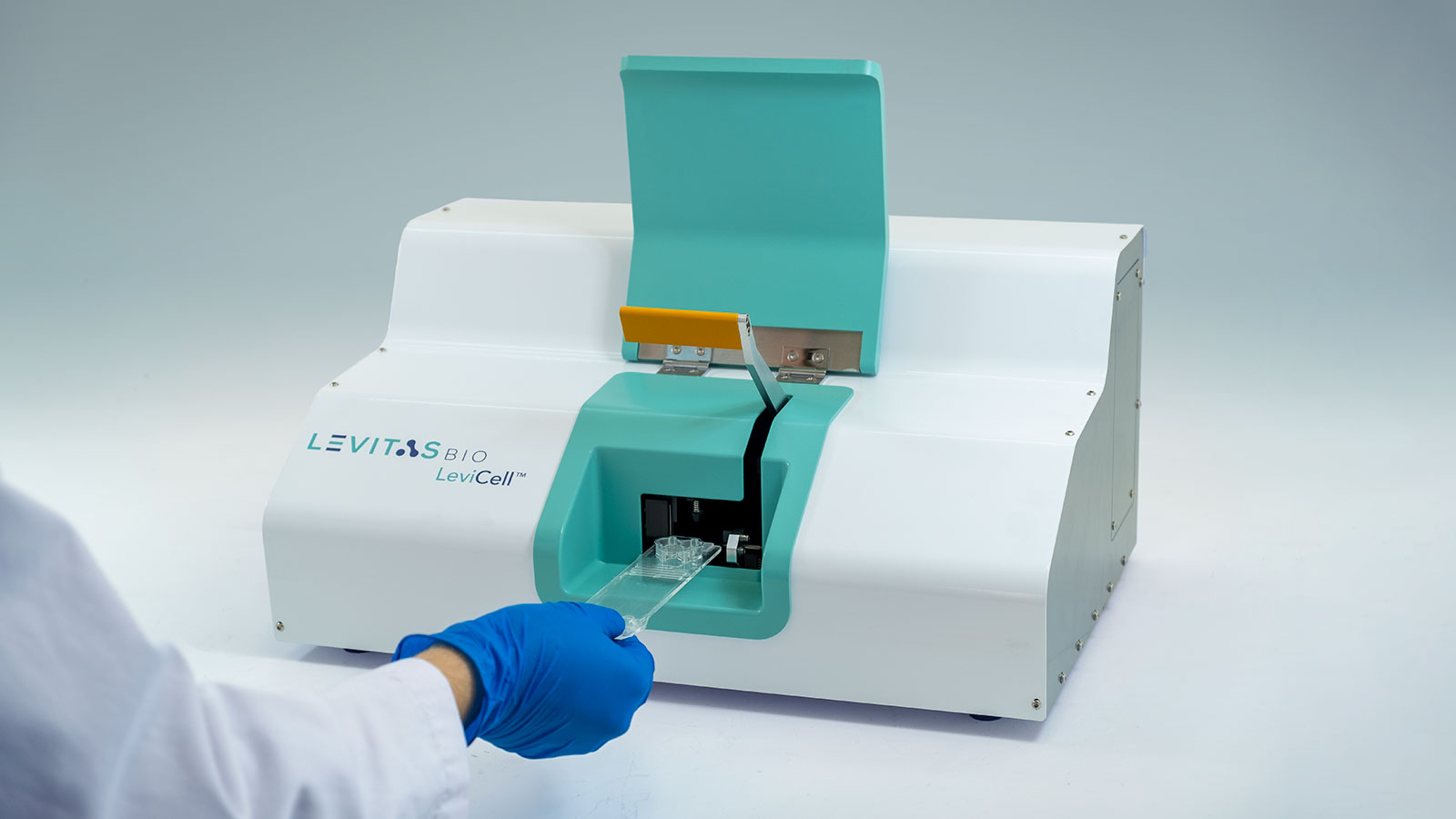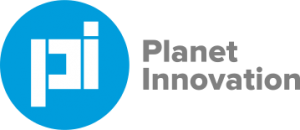14 September 2020
Silicon Valley start-up Levitas Bio has launched the world’s first label-free cell separation platform, the LeviCell™.
The benchtop device uses revolutionary magnetic levitation technology developed at Stanford University to sort cell populations, without modifying the cells with labels such as beads, dyes, or antibodies.
Working closely with the Levitas Bio team, Planet Innovation took an early access prototype and in just four months created a production-ready instrument that is smaller in size and has superior usability.
The LeviCell allows researchers to access all high-value primary samples, regardless of starting cell number, viability or sensitivity to processing. It’s also much faster and simpler than traditional sample preparation and cell sorting platforms, taking minutes rather than hours.
Martin Pieprzyk, Chief Executive Officer at Levitas Bio, said: “For many researchers, this means they can now quickly and easily sort fully viable cell populations for downstream cell culture and analysis without the need for expensive and complicated equipment. The LeviCell sorts cells in under 10 minutes with no calibration, cleaning or staining.”
The LeviCell’s primary application is sample preparation, but it can also be used to test cells’ response to drugs in real-time, and to aid diagnosis in oncology.
Levitas technology has been validated for sorting fully viable live populations from sample types that are traditionally very difficult to work with, such as tumor biopsies and needle aspirates, as well as very sensitive cell types, such as pancreatic cells and macrophages.

A four-month development timeframe demanded a flexible approach
The LeviCell was launched in June 2020 – only months after Planet Innovation was first engaged.
We were originally asked to develop a high throughput version of the instrument, but when the COVID-19 pandemic hit, the focus switched to getting the LeviCell onto the market as soon as possible.
Working from an early prototype, the PI team improved the platform’s design to make it much more compact, stylish, easy to use and easy to manufacture.
PI is now manufacturing and shipping units from its Melbourne manufacturing facility, and helping to establish Levitas Bio’s Australian operations.
Martin Pieprzyk said: “I’ve worked with quite a few development and manufacturing partners in the past, and PI has been the best to work with by far. They’ve been extremely flexible and adaptable, and were able to help us get our product on the market faster than we had imagined. We couldn’t have asked for a better partner.”
Nathan Ray, Program Manager at PI, said: “As an engineer, I love working on novel tech, and Levitas is truly amazing. It’s such a simple process, but will undoubtedly have a huge impact on cell research going forward.”
How the LeviCell works
Levitas technology allows scientists to identify, isolate, quantify, collect, and test cells based on their intrinsic physical characteristics and profiles.
The LeviCell works with three steps in under 20 minutes:
- Sample introduction: the sample is dispensed into the consumable cartridge, which is then placed in the LeviCell instrument.
- Automated label-free sorting: the cells flow through a channel surrounded by magnets and are separated by type or state, based on the different levitation heights caused by the cells’ physical properties.
- Sorting and collection: Levitated cells move into separate ports on the consumable ready for collection.
With the LeviCell on the market, the Levitas Bio team is now looking toward the high throughput model, LeviCell HT, which will be able to process up to eight samples simultaneously.




